Surprise: Your IUD Might Give You the Worst Skin of Your Life
But here's why you should still get one.

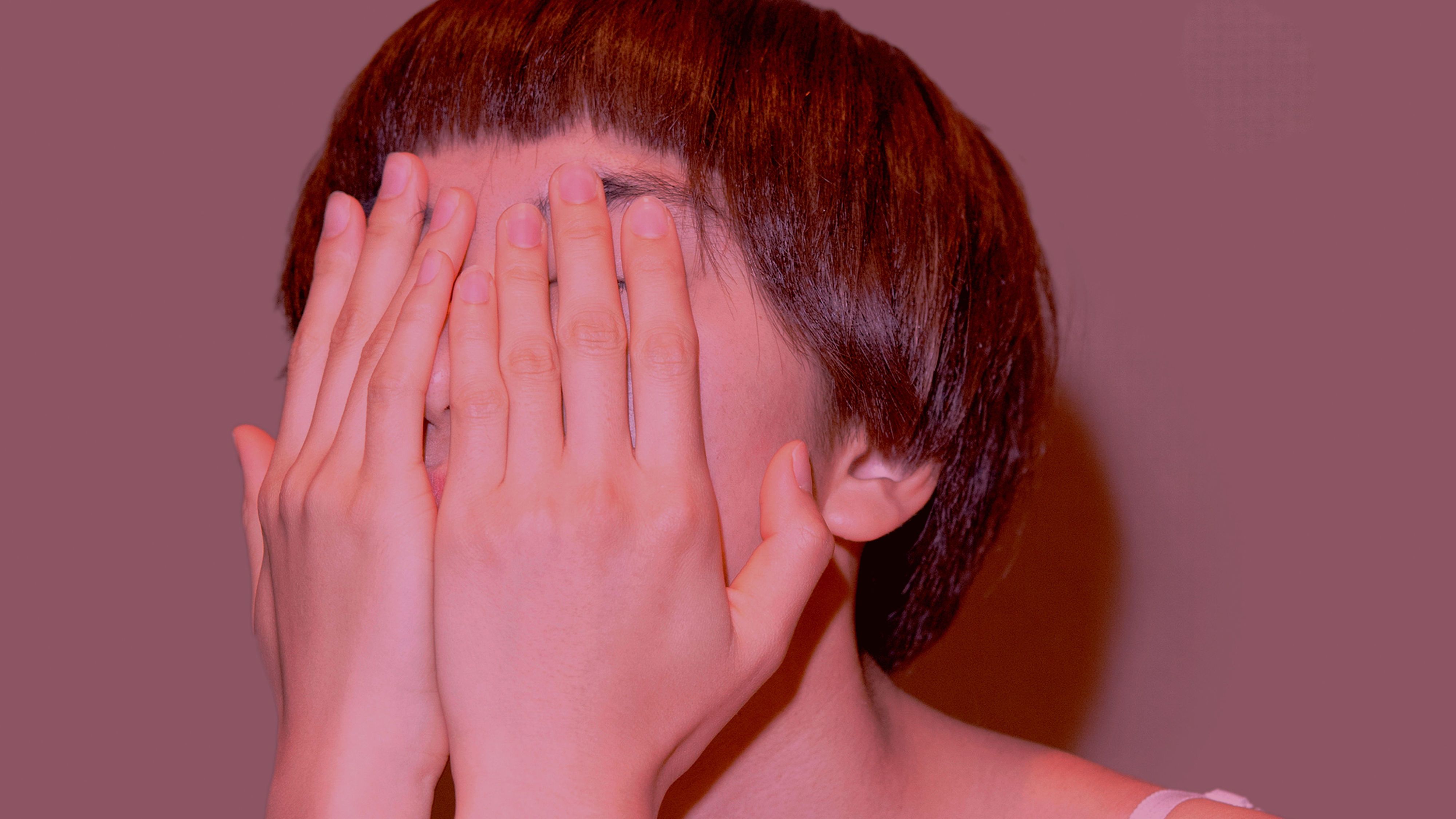
Okay, first, before you get all freaked out, you should know that IUDs are the shit. No, seriously. There's a reason why they're often the most-used and recommended form of birth control by doctors themselves: The little hormonal t-shaped device is 99.8-percent effective at preventing pregnancy (which is way, way, way more effective than the pill), it continues working 24/7 for anywhere from three to 10 years, depending on the kind you get, and it has virtually no user error. As my own gynecologist once told me, "IUDs are the best thing to happen to women since the invention of birth control."

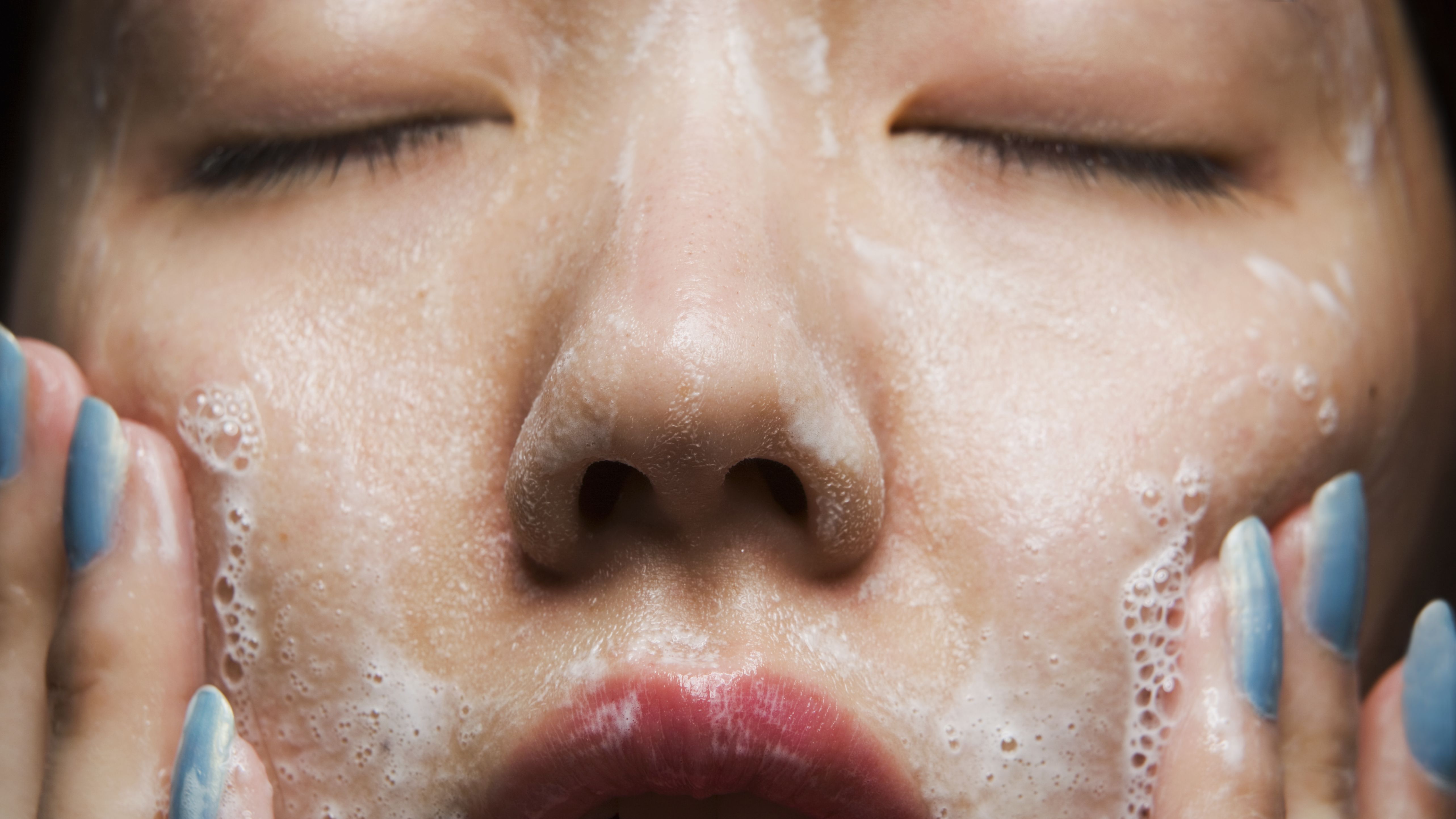
Basically, for many women, an IUD is a total dream option in a world of pill reminders, uncomfortable vaginal rings, and prescription renewals. But, like with all medicine, the hormonal IUD (which includes Skyla, Mirena, Kyleena, Liletta, but not the hormone-free copper IUD ParaGard) carries some (generally minimal) side effects. And one of them, as women across the internet are starting to discover, can come in the form of massive cystic acne.
"A few weeks after I got my IUD, my skin started breaking out into horrible cystic acne that left me with dark marks and scars," says one Marie Claire editor. "I've always been blessed with relatively clear skin, so it was a total shock." After four months, she opted to have IUD removed, and her skin "cleared up almost immediately."
Annoyingly, this story is actually pretty common, especially if you're prone to hormonal acne: "It's not unheard of for women to get their IUDs, fall in love with them, then find themselves suddenly breaking out a few months later, completely out of the blue," says dermatologist Melissa Kanchanapoomi Levin, MD, clinical professor at NYU Langone Health and Mount Sinai. "Unlike birth control pills, which are available in either estrogen and progestin combinations, or in just progestin by itself, all hormonal IUDs are progestin-only."
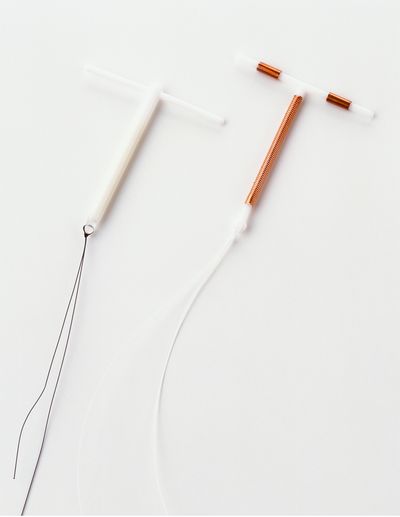
And in case you haven't spent hours chatting with derms and gynos like I have, you might not know that the type of hormones you're putting in your body actually does matter. "Once that progestin is released into your body, it gets converted into progesterone, which gets converted into different types of testosterone, which can trigger cystic acne after three or four months," says Dr. Levin.
RELATED STORIES
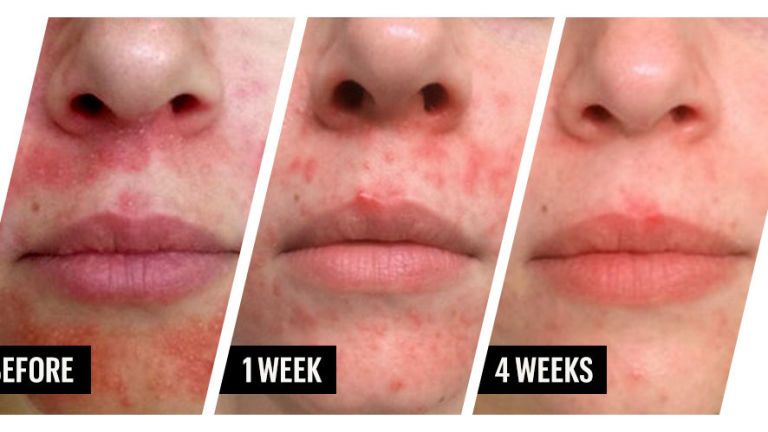
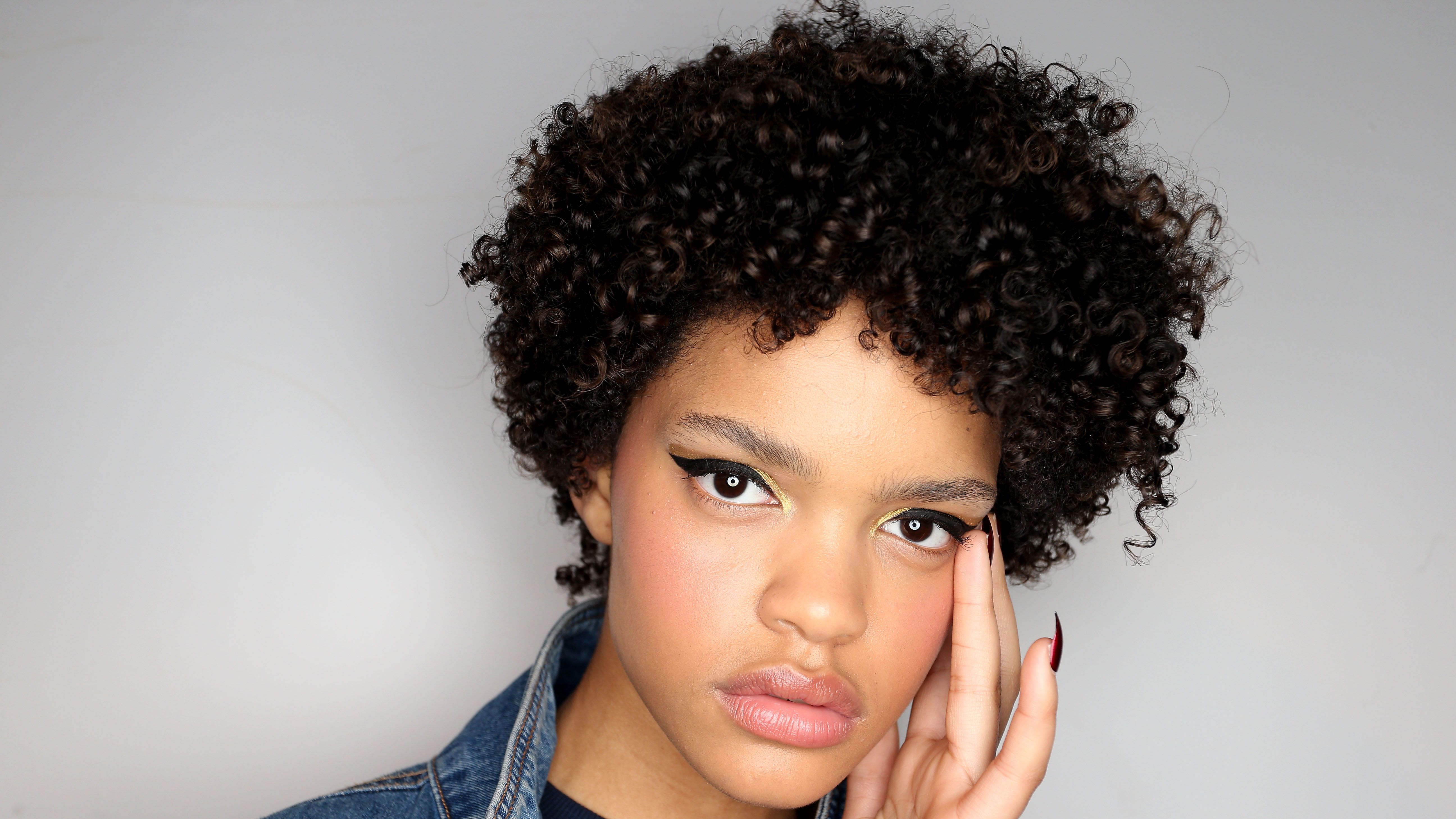
"IUDs are an amazing birth control method, so I'm not saying any acne-prone patient should avoid a hormonal IUD," she adds, "but know that we might need to put you on some hormone-regulating medications to counteract the testosterone if it does end up causing issues." Luckily, though, there are a ton of reliable, effective treatments your derm can prescribe you, like short-term antibiotics, topical retinoids, anti-inflammatory lotions, and the cult-favorite spironolactone, a fairly innocuous pill that helps block acne-causing hormones.
Plus, as with everything you've ever heard about in the medical world, your mileage may vary, and you may never develop acne from your IUD at all, especially if you've already been using a progestin-only birth control pill. "Though you'll have increased chances when you use a hormonal IUD, it doesn't mean you'll automatically get cystic acne," says Dr. Levin. "Honestly, I think an IUD is an amazing birth control method, so talk to your doctor to see if a hormonal or non-hormonal path is best for you, because you absolutely do not need to live with acne if you don't want it."
Get exclusive access to fashion and beauty trends, hot-off-the-press celebrity news, and more.
Follow Marie Claire on Facebook for the latest celeb news, beauty tips, fascinating reads, livestream video, and more.
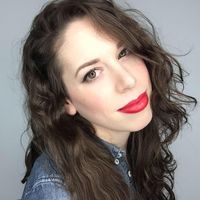
Chloe Metzger is the deputy beauty director at Cosmopolitan, overseeing the editorial content and growth strategy of the hair, makeup, and skin space on digital, while also obsessively writing about the best hair products for every hair type (curly girl here; whattup), and the skincare routines that really, truly work (follow her on Instagram to see behind-the-scenes pics of that magazine life). She brings nearly a decade of writing and editing expertise, and her work has appeared in Allure, Health, Fitness, Marie Claire, StyleCaster, and Parents. She also has an unhealthy adoration for Tom Hanks and would like to please meet him one day, if you could arrange that. Thanks.